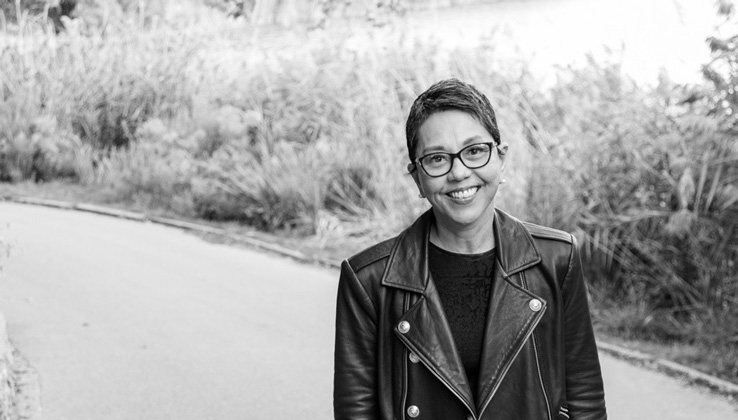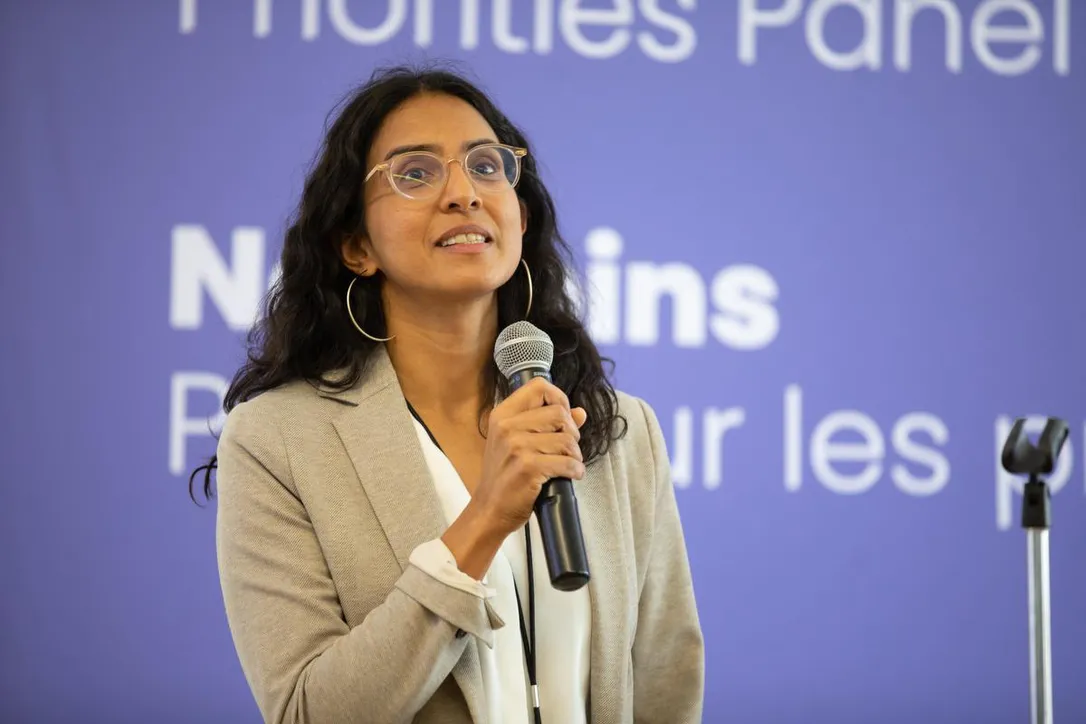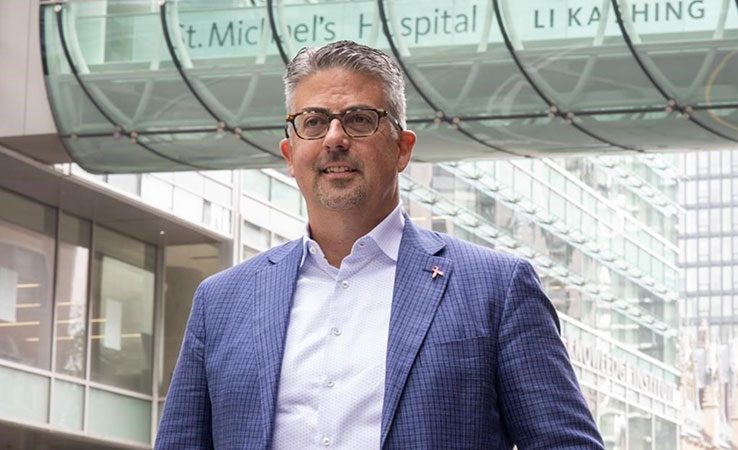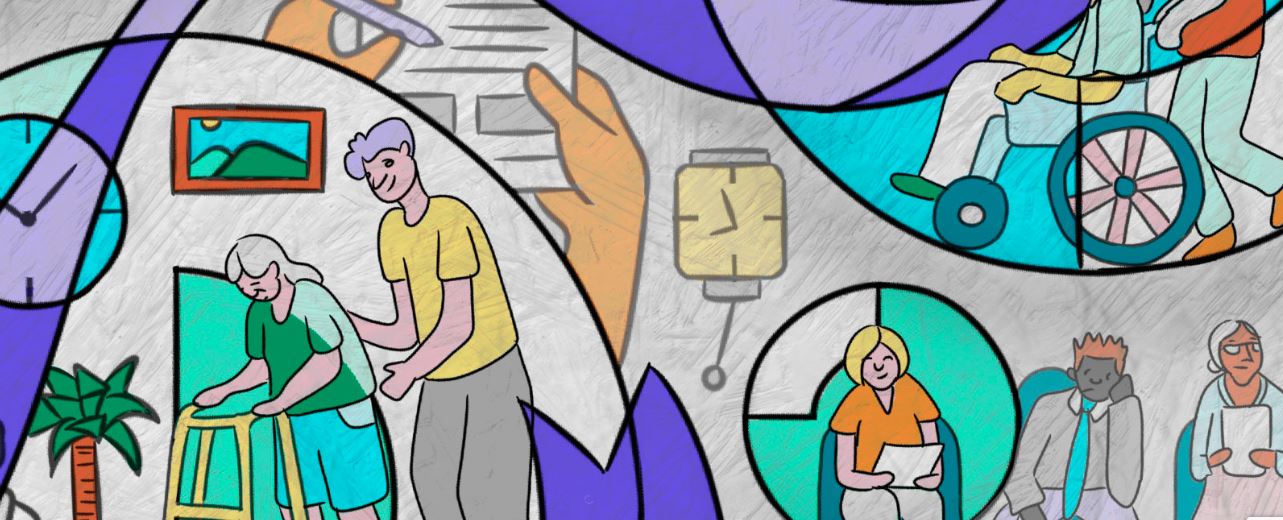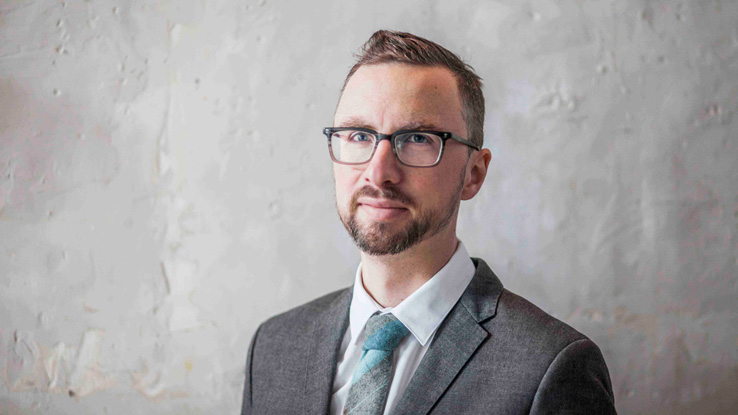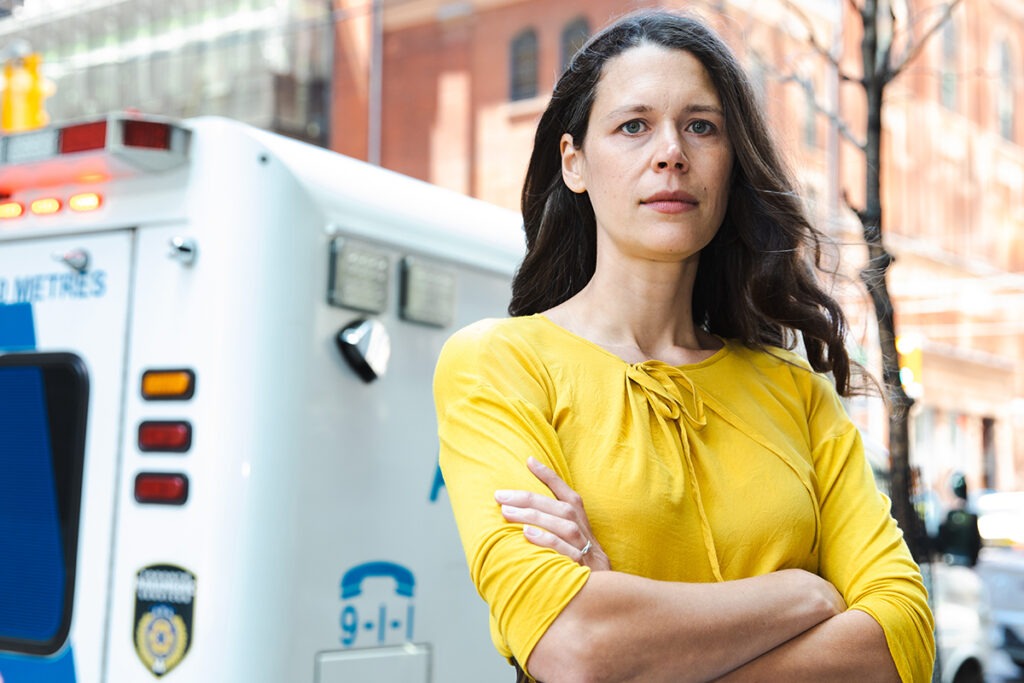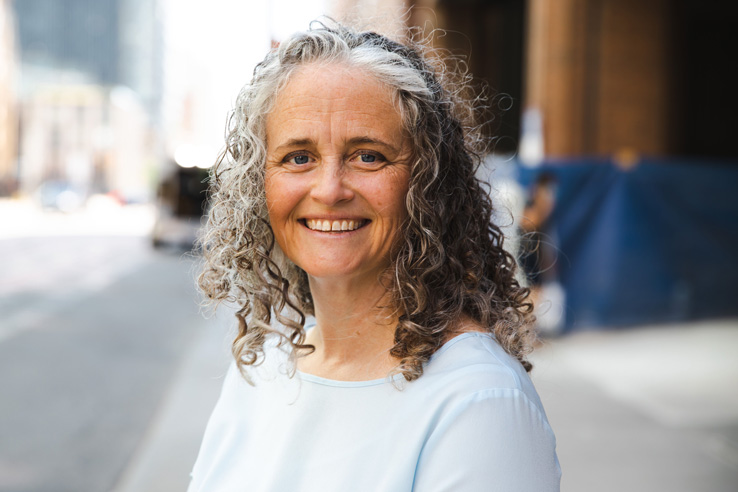Letter to the editor in the Toronto Star, by Dr. Patricia O’Campo
Every time we have a public conversation about violence at home, it makes the private conversations possible.
This is why we at MAP Centre for Urban Health Solutions at St. Michael’s Hospital, a site of Unity Health Toronto, were encouraged to see Wendy Gillis and Alyshah Hasham’s article outlining different ways to get support if home is not a safe place.
We would like to update this list with our recently launched WITHWomen suite of apps, available in English, French and Spanish. They can be found at https://maphealth.ca/with-apps/.
It is very hard to recognize the early signs of an unsafe relationship, but when women know their safety status and have access to local resources they are better equipped to take action.
These tools can help women assess safety, rank concerns, and support the creation of a tailored safety plan via connection with local resources across the GTHA. This technology is discreet and easy to use.
For example, the WITHWomen App asks nine questions that screen for a variety of unsafe behaviours. Most importantly, the apps are secure, private and web-based (no download necessary). These apps are available for use on phones, computers, tablets — anywhere you can use the internet. The apps include a quick exit function as a safety feature.
Intimate partner violence is enabled by shame and stigma. Our team created these apps so we can use technology as a tool to keep the conversation going.
L’application WITHWomen aide les femmes à évaluer leur niveau de sécurité
Courrier des lecteurs du Toronto Star, article rédigé par Patricia O’Campo
Chaque conversation publique sur la violence au foyer favorise les conversations privées.
Voilà pourquoi l’équipe du Centre MAP pour des solutions de santé urbaine de l’Hôpital St. Michael’s, un site de Unity Health Toronto, était ravie de lire l’article de Wendy Gillis et d’Alyshah Hasham décrivant différents moyens d’obtenir de l’aide pour les personnes qui ne sont pas en sécurité à la maison.
Nous aimerions ajouter à cette liste notre toute nouvelle série d’applications WITHWomen, disponible en français, en anglais et en espagnol. Ces applications se trouvent au https://maphealth.ca/with-apps/.
Il est très difficile de reconnaître les premiers signes d’une relation dangereuse, mais lorsque les femmes connaissent leur niveau de sécurité et ont accès à des ressources locales, elles sont mieux outillées pour agir.
Ces outils peuvent aider les femmes à évaluer leur niveau de sécurité, à classer leurs préoccupations et à créer un plan de sécurité personnalisé en les mettant en contact avec des ressources locales dans toute la RGTH. Cette technologie est discrète et facile à utiliser.
Par exemple, l’application WITHWomen pose neuf questions qui permettent de détecter divers comportements dangereux. Plus important encore, ce sont des applications sécurisées, privées et accessibles en ligne (aucun téléchargement n’est nécessaire). Elles peuvent être utilisées à partir d’un téléphone, d’un ordinateur, d’une tablette – partout où vous avez accès à Internet. Par souci de sécurité, les applications comprennent une fonction de sortie rapide.
La violence conjugale est alimentée par la honte et la stigmatisation. Notre équipe a créé ces applications pour nous permettre de poursuivre la conversation au moyen de la technologie.

